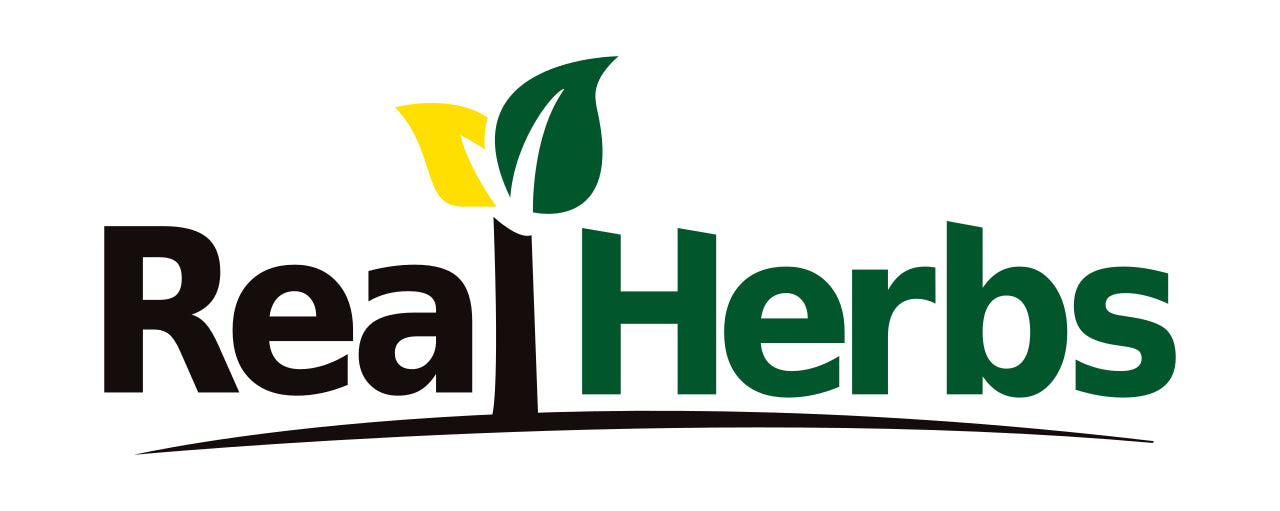Pygeum bark, also known as Pygeum africanum, is a centuries-old African remedy used to improve urinary and prostate health. Recent research has revealed that Pygeum bark has potent immune-boosting properties, making it an effective treatment for a variety of ailments. Pygeum bark can be used to treat symptoms such as frequent colds, flu, infections, and even autoimmune disorders.
Pygeum bark extract is derived from the bark of the African Pygeum africanum tree. Several compounds in the extract have anti-inflammatory and immune-boosting properties. These compounds collaborate to improve immune function and decrease inflammation in the body.
One of the most notable advantages of Pygeum bark is its ability to boost the immune system, making it an effective tool for infection prevention and treatment. Pygeum bark can also help alleviate the symptoms of autoimmune disorders like rheumatoid arthritis by reducing inflammation in the body.
Pygeum bark is commonly used to improve urinary and prostate health, in addition to its immune-boosting properties. It is thought to reduce prostate inflammation and improve urine flow. As a result, it can be used to treat conditions such as benign prostatic hyperplasia (BPH) and prostate cancer.
Overall, Pygeum bark is an adaptable and effective natural remedy with numerous health benefits. Pygeum bark can help you improve your immune function, reduce inflammation, and improve your overall health.
History
Pygeum bark has been used for centuries in traditional African medicine to treat a variety of conditions, including urinary tract infections and prostate issues. The bark of the African Pygeum africanum tree has been used to make teas, decoctions, and other remedies.
How it works
Pygeum bark contains a number of compounds that have anti-inflammatory and immune-boosting properties. Among these are phytosterols, triterpenes, and pentacyclic terpenoids.
Plant steroids, also known as phytosterols, are structurally similar to cholesterol and have been shown to have anti-inflammatory properties. They work by preventing the body from producing inflammatory compounds.
Triterpenes are compounds that have anti-inflammatory, antioxidant, and immune-boosting properties. They work by reducing inflammation in the body and increasing the production of white blood cells, which are necessary for infection fighting.
Pentacyclic terpenoids are anti-inflammatory and immune-boosting compounds that have been studied. They work by decreasing inflammation and increasing the production of white blood cells in the body.
In addition to these compounds, Pygeum bark contains fatty acids and flavonoids, both of which have anti-inflammatory and immune-boosting properties. These compounds work together to improve immune system function and aid the body in fighting infections and diseases.
Pygeum bark also has anti-inflammatory effects on the prostate, which can help relieve the symptoms of BPH and prostate cancer. The bark extract may help to shrink the prostate and improve urine flow.
In summary, Pygeum bark works by providing anti-inflammatory and immune-boosting properties through the extract's compounds. As a result, it is effective in treating a wide range of ailments and improving overall health.
Studies and Results
Several studies have shown that pygeum bark is effective in treating a variety of ailments, including urinary and prostate problems, as well as immune-related issues.
In one 2002 study, Pygeum bark was found to be effective in reducing symptoms of benign prostatic hyperplasia (BPH), such as decreased urine flow and increased frequency of urination. The study included 135 BPH men who were given Pygeum bark extract or a placebo for 12 weeks. The results showed that the Pygeum bark group improved significantly more than the placebo group in terms of symptoms.
Another study, conducted in 2004, discovered that Pygeum bark was effective in reducing prostate inflammation. The study included 60 BPH men who were given Pygeum bark extract or a placebo for 12 weeks. When compared to the placebo group, the group that took Pygeum bark had a significant reduction in prostate inflammation.
A 2017 study discovered that Pygeum bark extract was effective in improving immune function. For 12 weeks, 75 healthy adults were randomly assigned to receive Pygeum bark extract or a placebo. When compared to the placebo group, the group that took Pygeum bark had a significant increase in white blood cells (WBC), which are important for fighting infections.
Furthermore, Pygeum bark has been shown to be effective in the treatment of autoimmune disorders like rheumatoid arthritis by reducing inflammation in the body.
Overall, research on Pygeum bark has revealed that it is an effective treatment for a wide range of ailments, including urinary and prostate problems, immune-related issues, and autoimmune disorders.
It's worth noting that the majority of studies have used small sample sizes, and more research is needed to confirm Pygeum bark's benefits.
Recommended Dosage
The recommended dosage of Pygeum bark varies depending on the condition being treated and the individual. However, most studies have used doses of 50-100mg of Pygeum bark extract per day. It is important to consult with a healthcare professional before taking any supplement.
Conclusion
Pygeum bark is a centuries-old African remedy that has been used to improve urinary and prostate health. Recent studies have shown that Pygeum bark has potent immune-boosting properties, making it an effective treatment for a wide range of ailments. If you have recurring colds, flu, or infections, Pygeum bark may be worth a try.
References
https://www.ncbi.nlm.nih.gov/pmc/articles/PMC5436335/
https://www.ncbi.nlm.nih.gov/pmc/articles/PMC5436335/
https://www.ncbi.nlm.nih.gov/pmc/articles/PMC5436335/
